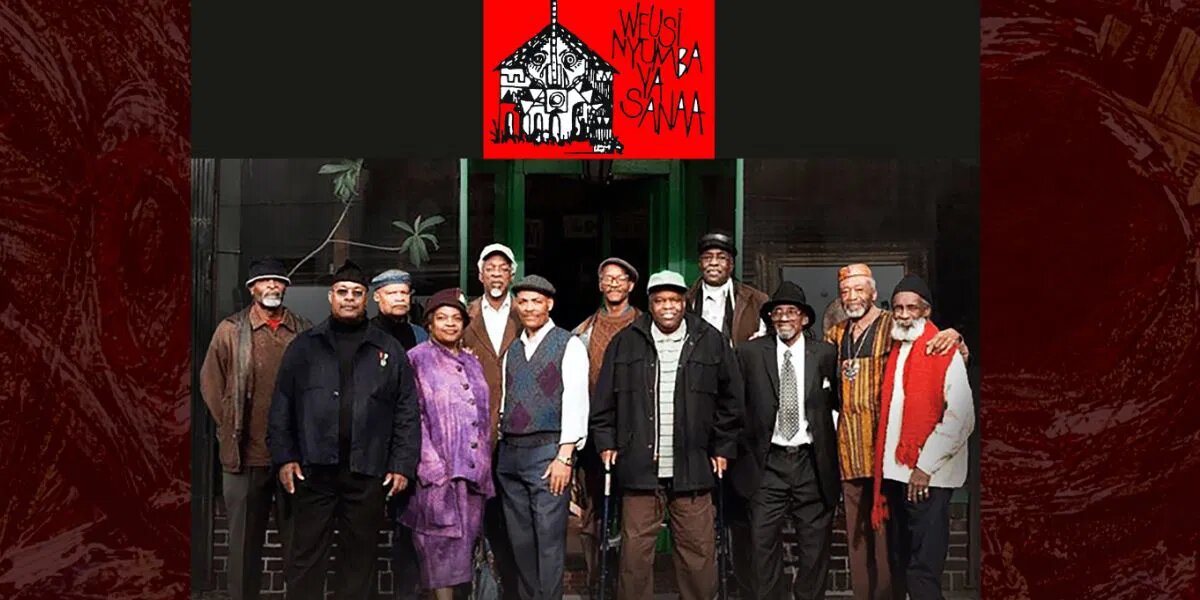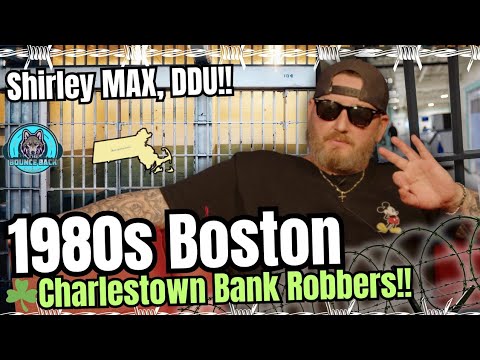A new exhibition titled WEUSI opens to the public on April 26 across two Harlem venues: the Children’s Art Carnival and Hamilton Landmark Galleries. The exhibit features traditional visual artworks, live drumming, dance, poetry, and cultural performances, aiming to present art as a space for emotional restoration and communal expression.
The exhibition is described as multi-sensory, with programming designed to explore the relationship between Black creative expression and cultural well-being. Reflections of WEUSI 1965 – Present honors the legacy of the WEUSI Artist Collective, a Harlem-born group established in 1965 that played a key role in the Black Arts Movement. Over the years, WEUSI has contributed to broader recognition of Black artists in cultural institutions.
Michael Unthank, co-chair of the Board of Trustees for Children’s Art Carnival, emphasized the exhibit’s significance. In a press release, he stated, “The Weusi Artist Collective served as a trailblazing catalyst of the Black Arts Movement of the ’60s, and made an indelible mark on the culture of Harlem by paving the way for recognition for Black artists that had long been denied. The Art Carnival is uniquely linked to many of their members, and their commitment to Black creativity is alive today.”
As part of the opening weekend, performances are scheduled by figures including spoken word poet Luther Isler, founder of Harlem Bomb Shelter, and Baba Don “Babatunde” Eaton, an author and percussionist who founded Percussion Arts Projects LLC. These events aim to continue WEUSI’s focus on combining art with cultural dialogue.
The collective was originally founded by artists Ben Jones, Otto Neals, Taiwo DuVall, Ademola Olugebefola, Okoe Pyatt, Emmett Wigglesworth, Gaylord Hassan, Abdullah Aziz, Dindga McCannon, and Kay Brown. During a time when Black artists were often left out of mainstream spaces, WEUSI created its own platform centered on African heritage, artistic autonomy, and collective visibility.
The influence of the group has extended into institutions like the Studio Museum in Harlem and the Schomburg Center for Research in Black Culture. Founder Kim Hamilton noted that the partnership between the Hamilton Landmark Galleries and WEUSI continues after 30 years: “We look forward to presenting demonstrations, conversations, and collaborations during this exhibition month.”
The exhibition runs throughout the month and includes both visual installations and scheduled cultural programs designed to reflect on the role of art in community, memory, and identity.
Would you like this version formatted for a print or online magazine layout?














